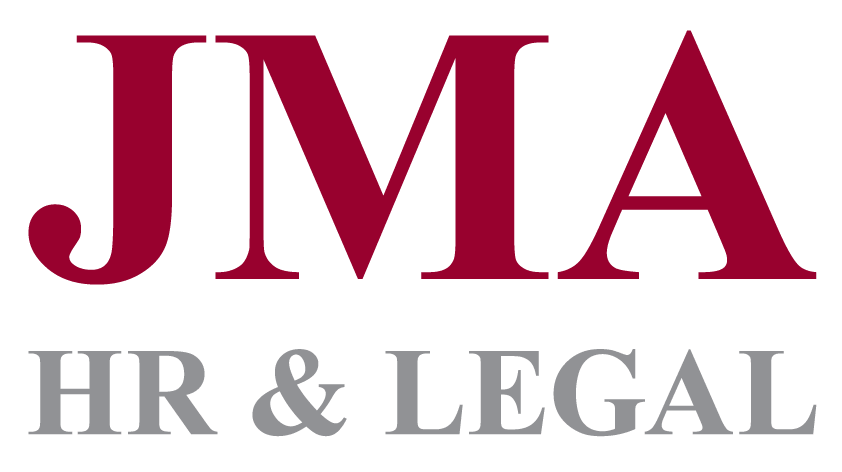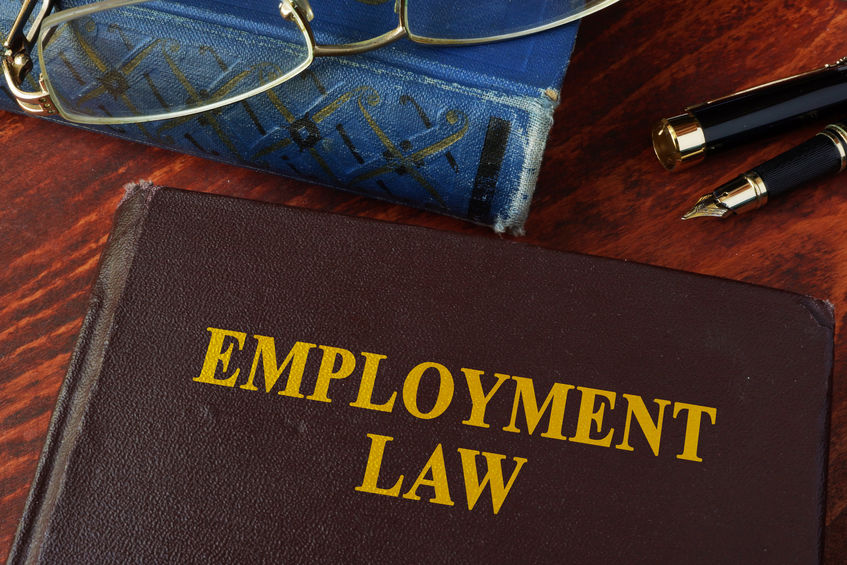New legislation for 6 April 2020
Employment Rights
• The written statement of employment particulars will be extended to all categories of ‘worker’, not just ‘employees’.
• The right to a written statement of particulars of employment will now apply when an individual begins employment and further information will be required to be included in the particulars.
Agency Workers
• The Agency Workers Regulations 2019 come into force. They revoke regulations 10-11 of the 2010 regulations which allow agency workers to opt out of equal pay entitlements which become available after 12 weeks in the same role.
Employment Businesses
• The Conduct of Employment Agencies and Employment Businesses Regulations 2019 come into force. They require employment businesses to give a key information document to an individual seeking work through the business.
Tax: IR35
• The government will extend to certain medium sized and large private sector businesses the changes which it made from April 2017 to the off payroll working rules (IR35) to those working for public sector bodies.
Tax: Office Holders
• In the Finance Bill 2020 legislation will ensure that expenses paid or reimbursed to unpaid office holders will be exempt from income tax when incurred because of voluntary duties.
Taxation of Termination Payments
• The National Insurance Contributions Act 2019 makes employer NICs payable on termination payments above £30,000.
Tax: Ultra Low Emission Company Cars
• Section 2 of the Finance Act 2017 amends the appropriate percentage for ultra low emissions vehicles for the purpose of calculating the taxable benefit of a company car.
Other new legislation expected 2020 includes:
Pension Schemes Bill – intended to provide a framework for the establishment, operation and regulation of collective money purchase schemes.
Courts and Tribunals Bill (Online Procedure) – this bill amongst other things will establish a new online procedure for civil proceedings.Courts and Tribunals Bill (Online Procedure)
Employment (Allocation of Tips) Bill – this bill will ensure that tips left for workers will go to them in full.
Trade unions – public authorities to be subject to check off restrictions on the circumstances in which deductions of union subscriptions from wages may be made.
Public sector exit payments: cap – the Enterprise Act 2016 allows regulations to be made introducing a cap on exit payments made to public sector workers. Following a consultation the cap will be £95,000.
Public sector exit payments: clawback – draft regulations were prepared which prevent some public sector employees from keeping their exit payments when they return quickly to the same area.
Sunday trading: protection for shop workers – following a consultation, the government decided to devolve powers to extend Sunday trading hours to local authorities. The rights of shop workers to ‘opt out’ of working Sundays, are to be extended in relation to ‘additional hours’. The duty on employers to notify employees of their rights about working on Sundays is also to be extended.
Trade unions: financial penalties – When the Trade Union Act 2016 is brought into force it will allow regulations to be made empowering the Certification Officer to impose financial penalties of up to £20,000 on trade unions if they fail to comply with certain statutory requirements.
Apprenticeships: Technical and Further Education Act 2017 – this will extend the Institute for Apprenticeships’ remit to cover classroom based technical education in addition to apprenticeships.
Whistleblowing – protection for children’s social care applicants – Section 32 of the Children and Social Work Act 2017 will enable regulations to be made prohibiting relevant employers from discriminating against an applicant for a children’s social care position because it appears that they are made a protected disclosure.
Parental Bereavement Leave and Pay – The Parental Bereavement Leave and Pay Act 2018 received Royal Assent on 13 September 2018. It will provide for regulations to be made giving qualifying bereaved parents of children the right to two weeks’ paid leave.













Recent Comments